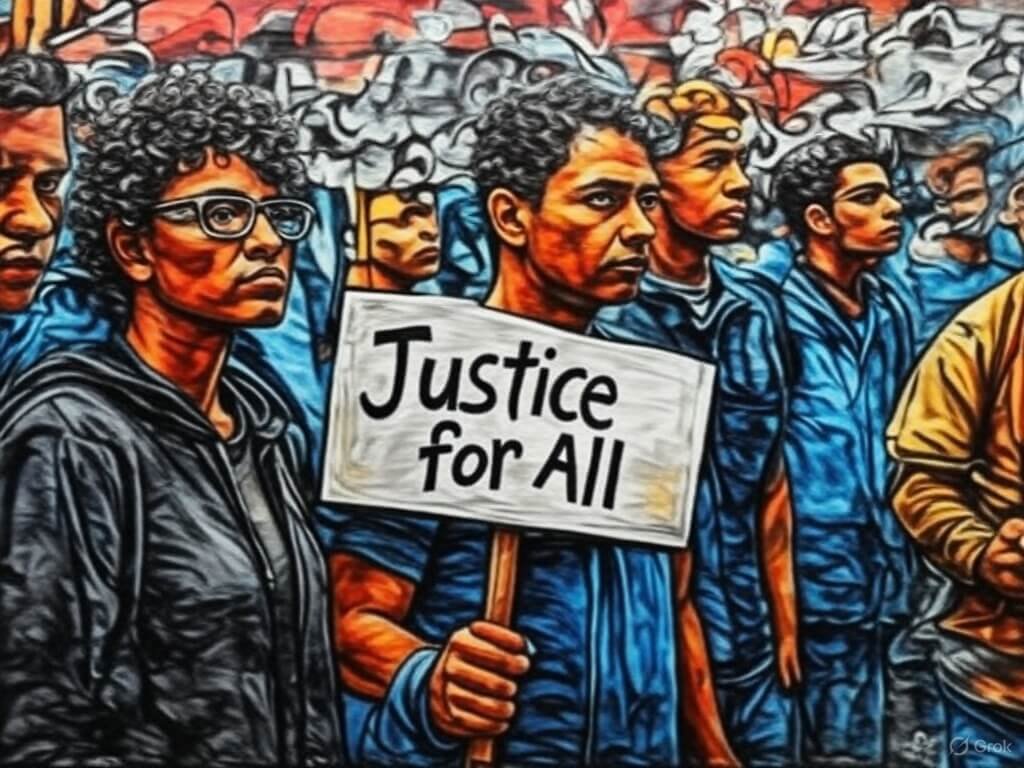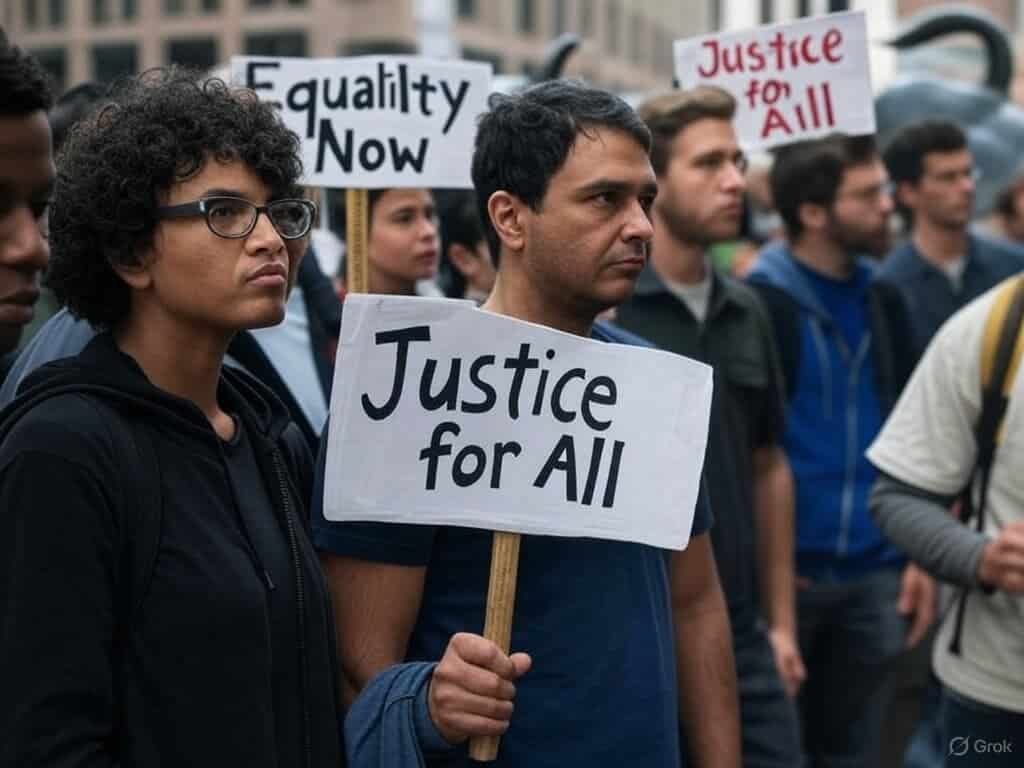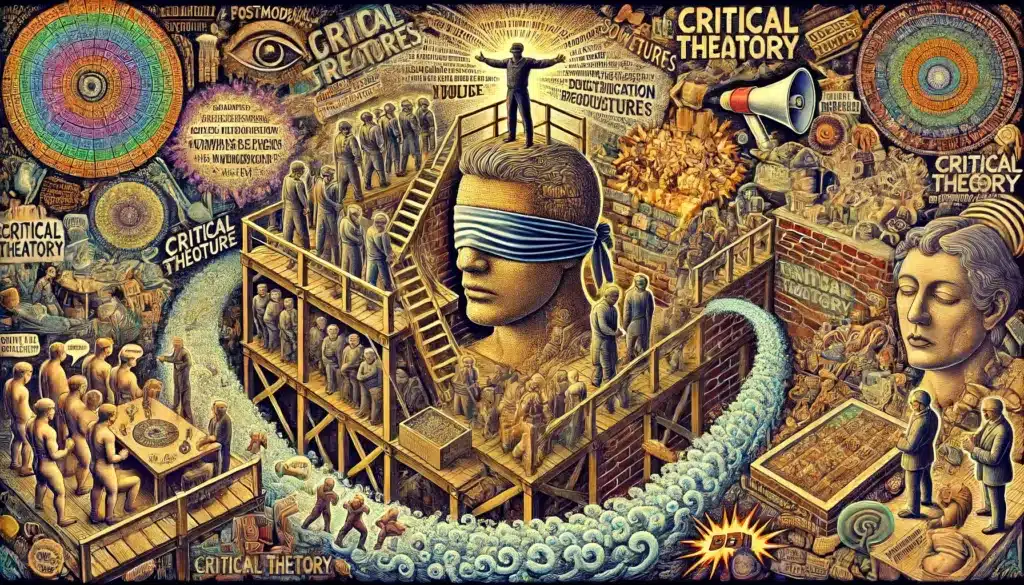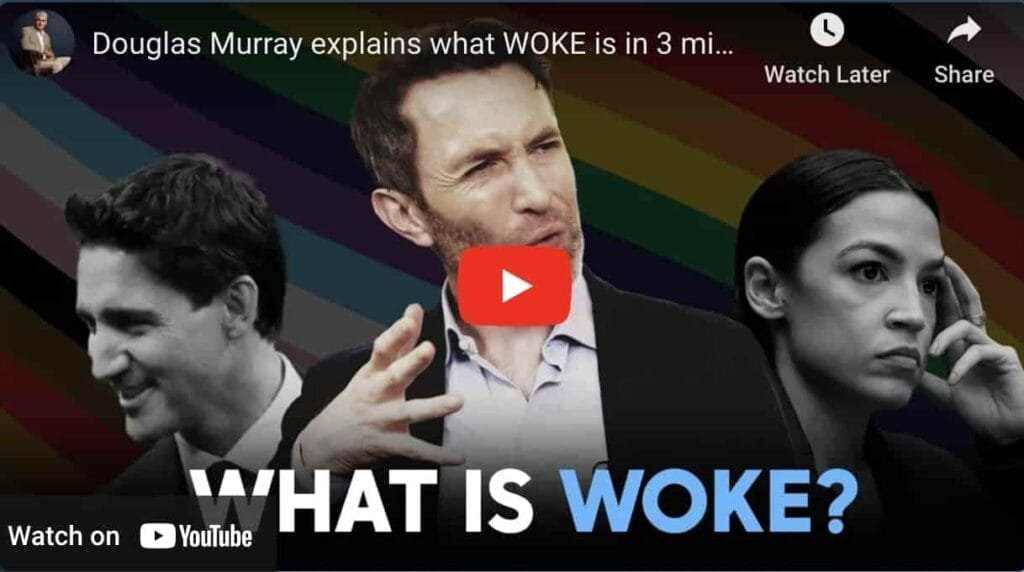How Woke Culture Killed the Occupy Wall Street Movement
Back in 2011, a huge protest called Occupy Wall Street took off in New York and spread around the world. People were angry – and rightly so. The banks had crashed the economy in 2008, got bailed out with public money, and then carried on like nothing happened. Meanwhile, normal people lost their jobs, their homes, and their savings.
The slogan was simple: “We are the 99%.” It meant: almost everyone is struggling while the top 1% gets richer and more powerful. For a short time, it felt like something big might change.
But then… it all fell apart.
Not because the police shut them down. Not because Wall Street fought back. No, the movement collapsed from the inside. They turned on each other.
Why? Because instead of staying focused on the banks and the economy, they got caught up in endless arguments about identity, language, and who was the most oppressed. What started as a fight for fairness became a messy internal war about race, gender, privilege and words.
And the people they were protesting against? The big banks? They just sat back and watched.

The Message Got Lost
At the beginning, Occupy was about money, power, and fairness. It was about stopping greedy bankers and changing a system that only worked for the super-rich.
But soon, the conversation changed. People started arguing over who had the right to speak at meetings. They started creating lists of who should talk first based on race, gender, or sexuality. They called this the progressive stack. If you were a white man, even if you were poor and struggling, you were told to wait your turn – maybe forever.
The result? Some people felt silenced or pushed out. Not by the banks – but by their fellow protestors.
Fighting Each Other Instead of the System
People came to Occupy wanting to change the world. But instead of planning action, meetings often turned into debates about small things: was a phrase offensive? Did someone use the wrong pronoun? Did someone speak out of turn?
It became more important to be “correct” than to be effective. Instead of making clear demands – like fair taxes, bank reform, or debt relief – they spent hours arguing over words.
It was like trying to put out a house fire while fighting over who gets to hold the hose.
Slogans That Worked Got Scrapped
Even the slogan “We are the 99%” came under attack. Some people said it wasn’t fair because not everyone in the 99% has the same problems. So they wanted to add more detail: “We are the 99% – but with different experiences and levels of oppression.”
Technically true, sure. But let’s be honest – that doesn’t exactly make a catchy chant, does it?
Simple, strong messages work in protests. But Occupy traded clarity for complexity. And they lost people in the process.
Meanwhile, Wall Street Was Laughing
Here’s the cruel twist: while the protestors were busy arguing about language and identity, the banks and big corporations just carried on. No new laws. No real reforms. No one went to jail for crashing the economy.
Worse still, some of those same companies started using the language of wokeness to clean up their image. They posted about diversity on social media. They sponsored Pride events. They made ads about social justice – all while continuing to dodge taxes and make record profits.
They figured out that talking about identity cost nothing. But changing the system? That would cost them money. So they didn’t.
What Went Wrong?
Let’s be clear: identity and discrimination matter. People do face racism, sexism, and all kinds of unfair treatment. But Occupy wasn’t supposed to be about individual identity. It was about shared struggle – about how the system hurts almost everyone who isn’t rich and powerful.
Instead of sticking together and pushing for change, the protestors started pointing fingers at each other. They made the movement smaller, not bigger. Instead of building a strong group that could win real change, they split into pieces, each one demanding more attention than the others.
And in the end, nothing changed.
The Missed Opportunity
Occupy had a moment. People were ready. They were angry. They wanted answers.
The movement could have pushed governments to rein in the banks, to tax the rich properly, to protect ordinary people from being crushed by debt and rising costs.
Instead, it turned into a long debate club where no one could agree on anything. It lost focus. It lost momentum. It lost the public.
And the rich? They kept winning.
Final Thought
Occupy Wall Street was a chance to stand up to power. But that kind of fight needs unity. It needs a clear goal and a simple message. It needs to welcome everyone who wants change – even if they don’t know all the right words or haven’t read all the books.
In the end, woke culture – with all its rules, guilt, and in-fighting – took the wind out of the movement. People stopped talking about the 1%. They started talking about each other.
And the ones at the top? They never had to lift a finger.


